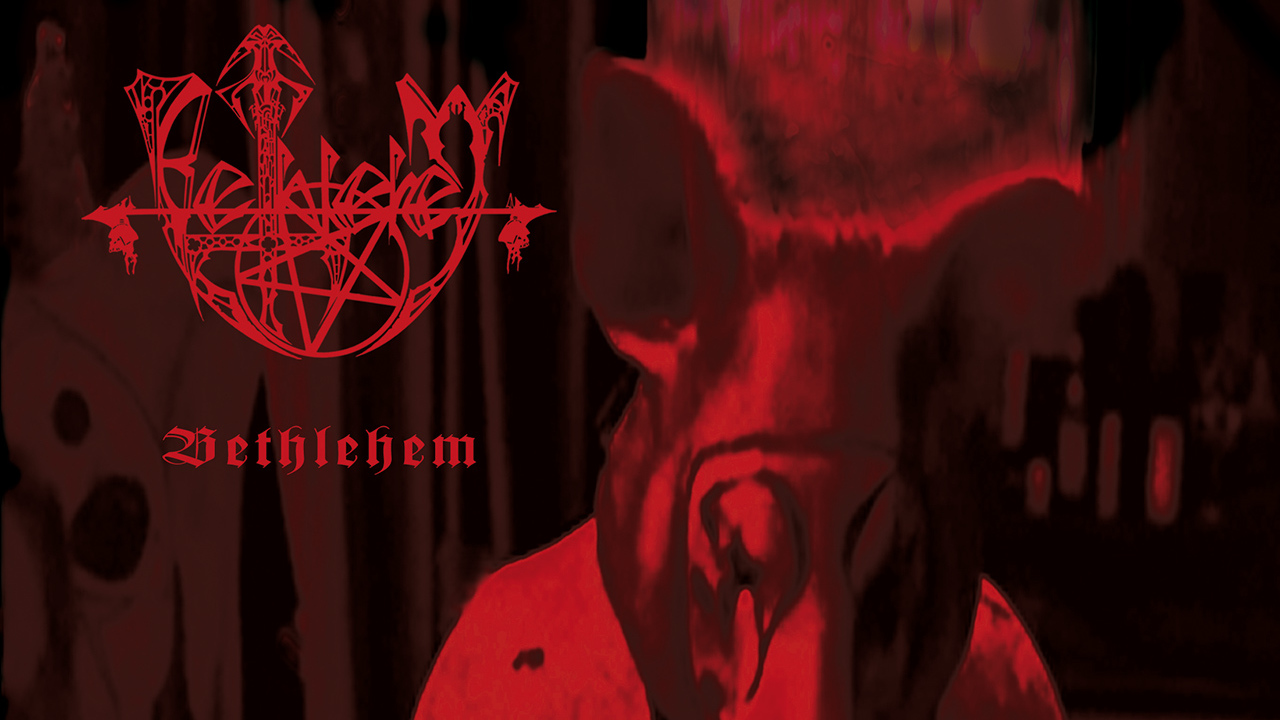You can trust Louder
Eighteen years ago Germany’s Bethlehem recorded S.U.I.Z.I.D., an album so depressive and utterly disturbing – no wonder that Shining (Swe)’s Niklas Kvarforth took a lot of inspiration from them, and that even Marilyn Manson was a fan – that after digging so deep, they had only two options left: decide there’s nothing left to do and implode, or crawl their way back to the light. Bethelehem – or more accurately their sole steady member, Jürgen Bartsch – choose the latter, releasing a string of experimental, gothic-tinged and, quite frankly, harmless albums. Until now… Yet, even if self-titling their eighth full-length is quite symbolic, they’d rather call it a rejuvenation than a ‘return to the roots’ gesture.
While newcomers, hysterical vocalist Onielar (of Darkened Nocturn Slaughtercult) and Russian six-stringer Karzov, inject a welcome dose of extra maliciousness once again deepened by the use of the German language, it’s not as quite as chaotic and unpredictable as the band used to be. And if most of the new Bethlehem album offers a more controlled yet still vitriolic take on their early, self-proclaimed ‘dark metal’ style, songs like Arg Tot Frohlockt Kein Kind manage to add a proper melodic element while retaining their fucked-up edge – something none of their post-S.U.I.Z.I.D. albums could achieve.
Sign up below to get the latest from Metal Hammer, plus exclusive special offers, direct to your inbox!

